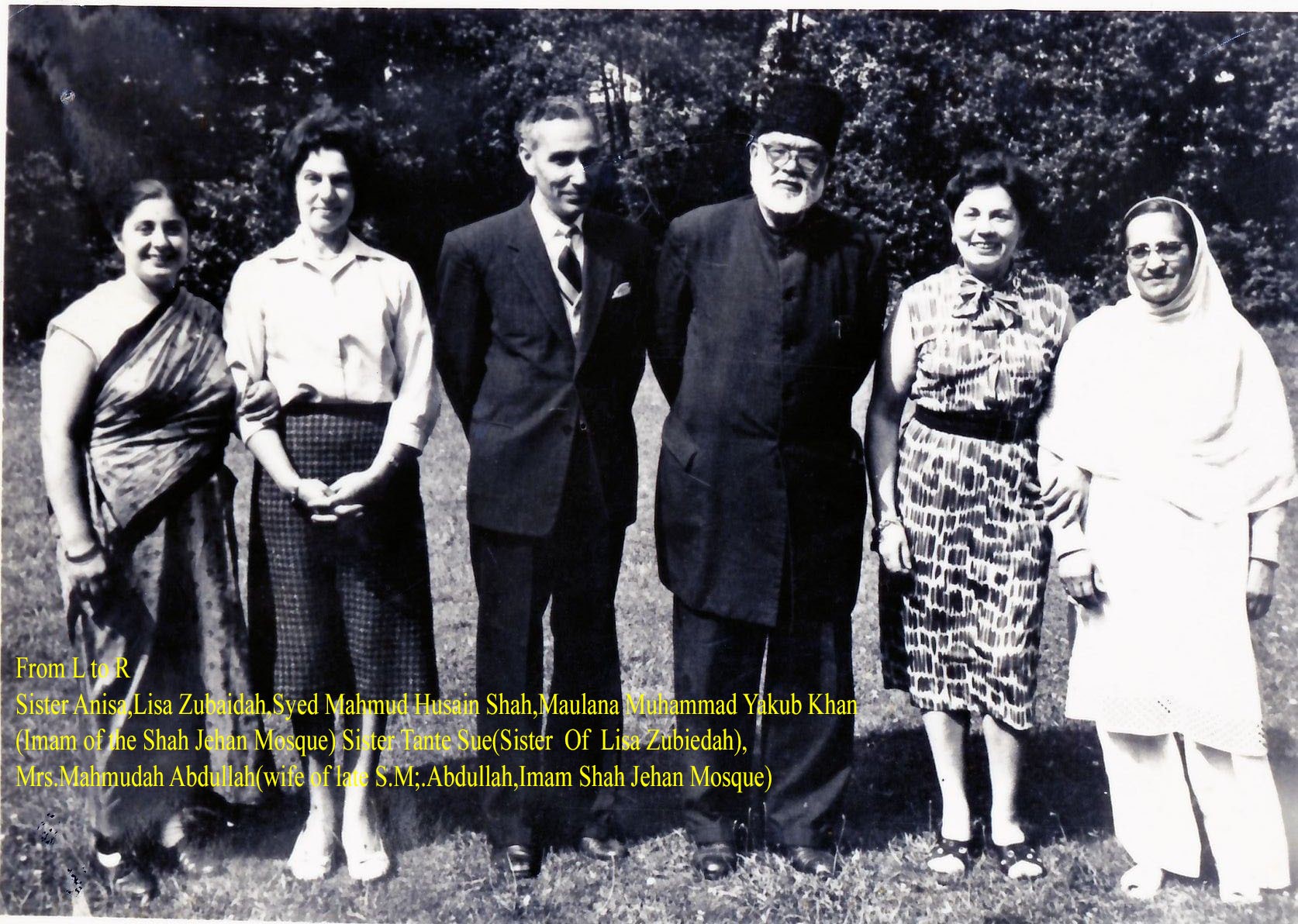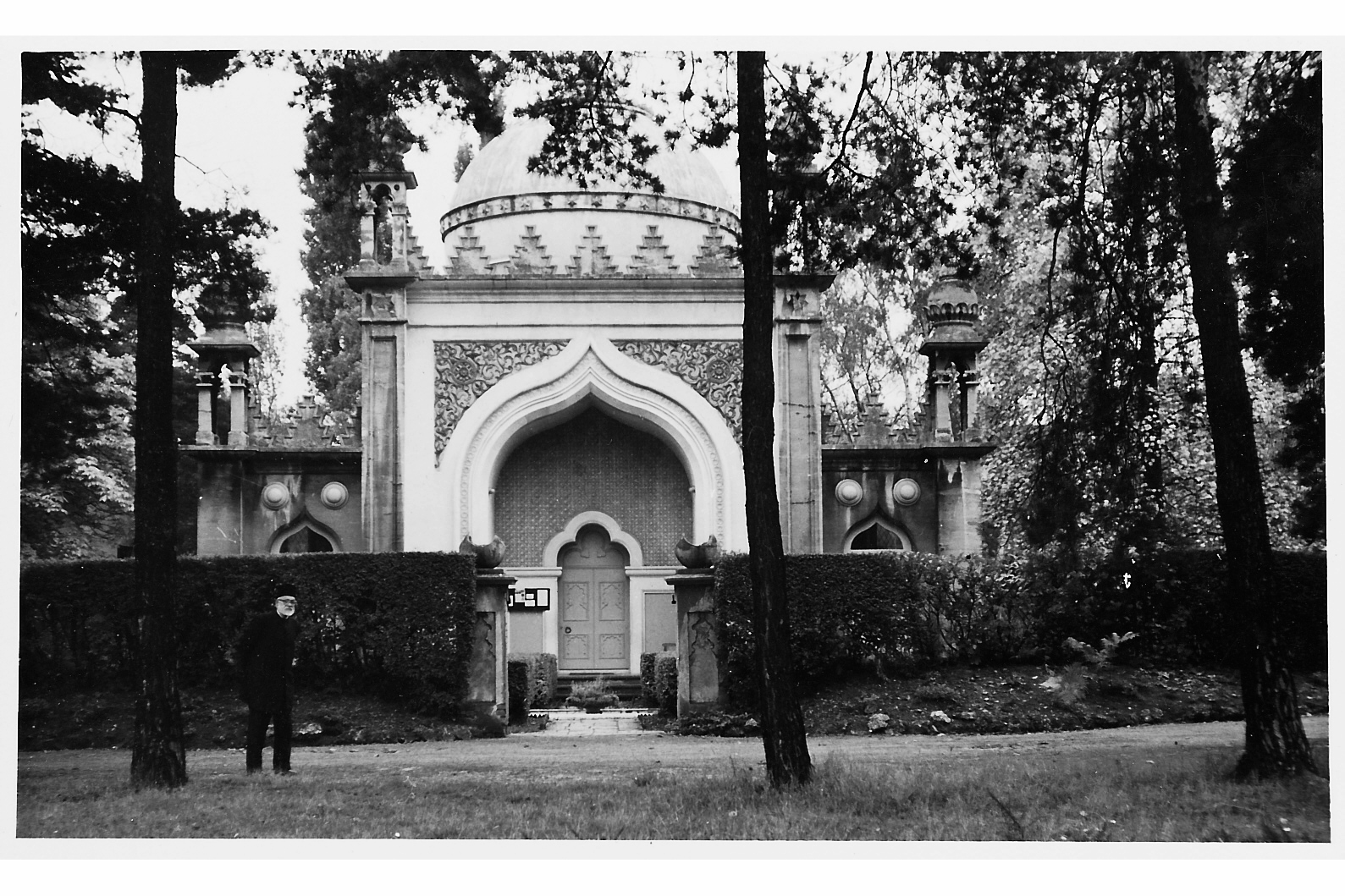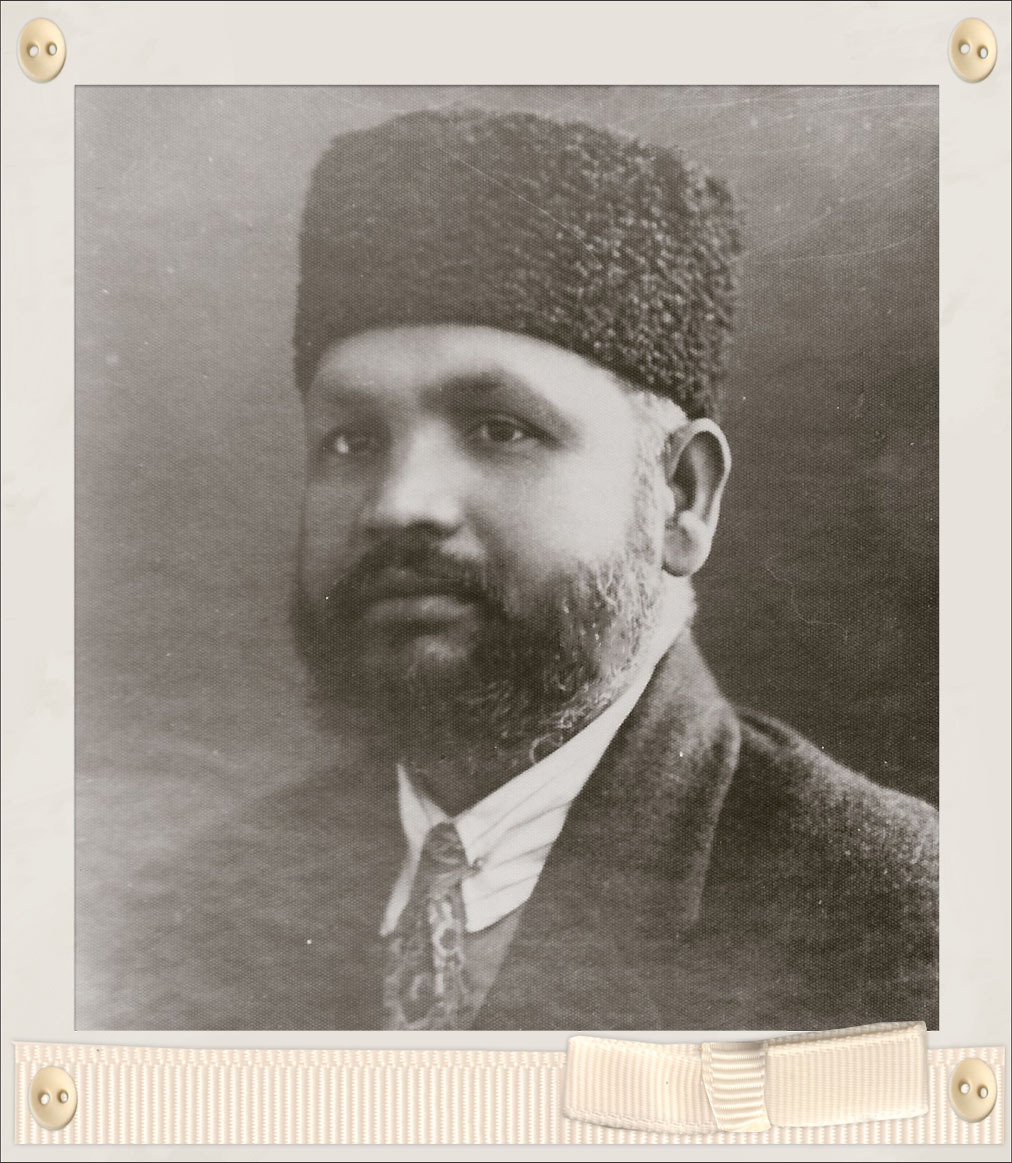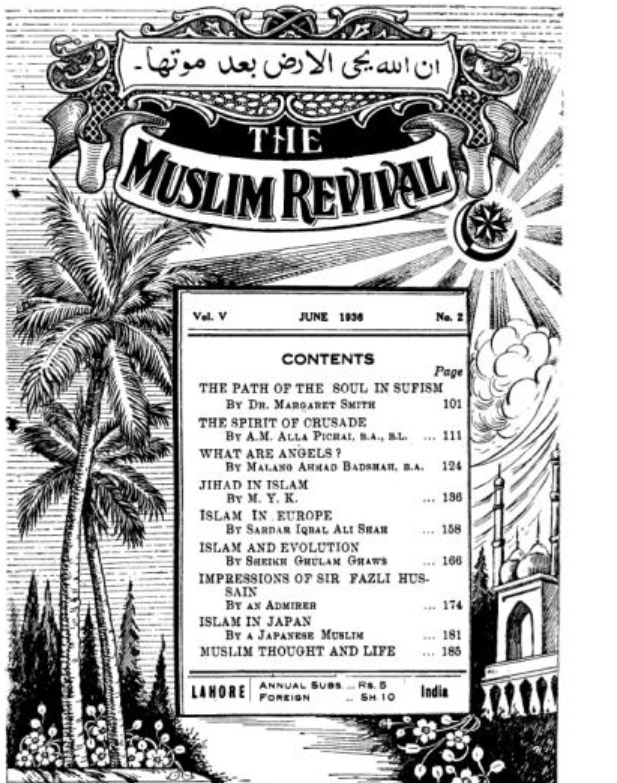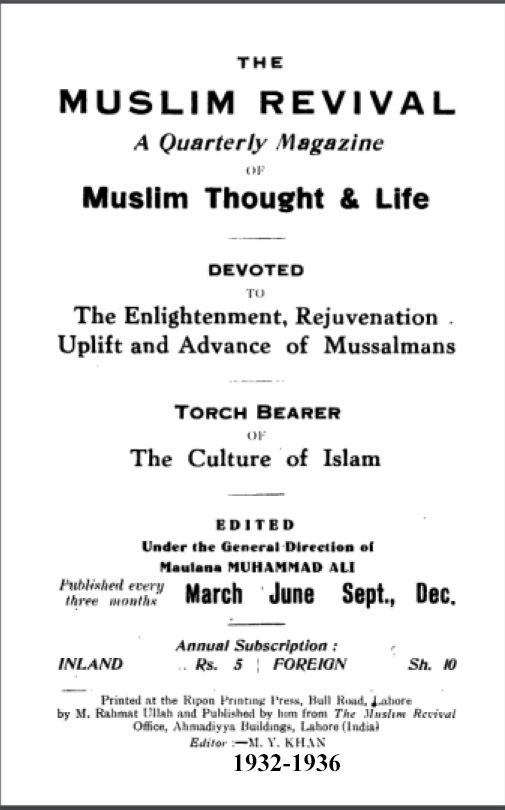THE IMAMAT
IN his speech delivered on the occasion of Allama Iqbal Day celebrations in Lahore on April 21, 1959, Dr. Javed lqbal put forward a very valuable suggestion for the careful consideration of the Government of Pakistan. He said that the government should set up a department of religious affairs under a Ministry of Religious Affairs which should take under its control the appointment of Imams in mosques, and that it was vitally necessary, the learned speaker emphasized, that in the place of semi-literate mulla who act as Imams in mosques, educated men, well-versed in theology and aware of the demands of modern age, should be appointed, and their emoluments they should get from the State Exchequer.
The clear-sighted doctor has undoubtedly laid his finger very correctly on the sorest point in the nation’s decline and decay. It is no denying the fact that the mulla, like a chronic canker, is devouring the life-blood and vitality of the nation; and unless a vigorous, remedial action be taken on government level to purge and purify the nation of this gangrenous parasite, the nation will never be able to get over and rise above its present low ebb, and may even sink deeper to the bottom. It is only a matter of recent history that almost similar conditions had prevailed in the land of the Turks. The mulla had eclipsed and emaciated that country to such a dreadful degree that the once-strong Turkish Empire that had played a victorious part to and swayed the western world, came to be dubbed as the “Sick man of Europe”. The Emperor of Russia, Nicholas 1, said to the British charge’ d’ affairs, Sir George Seymour, with reference to the tottering empire of Turkey: “We have on our hands a sick man, a very sick man. It will be a great misfortune, I tell you frankly, if one of these days, he should happen to die before the necessary arrangements are all made.” They had conspired to banish the sick man into his eastern exile and lay their aggressive hands on his European territory. It was under these conditions that the Saviour of Turkey, Mustafa Kamal Pasha, appeared on the stage, and took the reins of government into his hands. One of the revolutionary reforms enforced by him was that he eliminated the mulla from the mosque, root and branch, replacing him by a properly qualified and competent Imam. He even laid down a law to control the appointment of Imams in the mosques. And the result was that the sick man, within the short space of a miracle, was transformed into a strong and sturdy soldier who could rub shoulders with the British and the Russian. Turkey rose rapidly, from strength to strength, and now she can make her voice heard in the comity of nations.
In the glorious time of the Holy Prophet ﷺ and his early successors, the mosque played an all-important role in the all-round development of the Muslim nation. It was not only their religious and spiritual centre, but other matters concerning their political, educational and social welfare, were also dealt with and discussed on the floor of the mosque. The Friday sermon was, as a matter of fact, a weekly lecture on all such questions. Besides this, whenever the Prophet ﷺ, and after him his successors, thought it necessary to inform or educate the people on any matter of moment, a meeting was convened in the mosque, and a sermon or a lecture was delivered to that effect. In a word, the mosque was, in the palmy days of Islam, the general centre from where light and learning of a high order flowed in all directions.
The most important man in the mosque is the Imam, the man who conducts service, and delivers Friday sermon. The Prophet ﷺ himself was the first Imam in the central mosque at Madina, and after him his immediate successors held this high office. The best man in the community who excelled all others in knowledge and learning, righteousness and rectitude were selected for this high dignity. Bukhari has the following title for one of its chapters: “Those who are well-grounded in knowledge and possess the greatest excellence are the most entitled to imama or the leadership of prayer.” When the Prophet ﷺ lay on his deathbed, he appointed Abu Bakr to lead the prayers in his place. Abu Bakr was the most suitable man for this sublime job. A request was made to the Holy Prophet ﷺ to appoint Omar as the Imam, for the reason that Abu Bakr was too tender hearted. But the Prophet turned down and rejected this request. When a governor was appointed to a province, he was also appointed as the Imam to lead congregational prayers. It is thus obviously clear that in Islam the honour and dignity of imama was as great as that of kingship; and the two offices were, for a pretty long time, combined in one person.
The professional priest or the present-day mulla was a thing unknown in the early days of Islam. He is, of a truth, a product of much later growth. And this practice of having paid Imams in mosques to conduct prayers, is, to a very large extent, responsible for the degeneration and decline of the Muslims. They are generally semi-literate, as Dr. Javed Iqbal has rightly pointed out, and have no sense of the dignity of Islam and its exalted institutions. The present writer was once, while putting one such mulla of the mosque in mind of the Holy Prophet’s explicit dictum that one who recites the holy kalima; the Islamic formula of faith, should not be dubbed and denounced as an infidel, greatly shocked to hear him say in reply: “If a Sikh should recite the Kalima, will he become a Muslim?” This is mullaism. For the last 1400 years, ever since the birth of Islam, all peoples, without any discrimination, have been entering into the fold of Islam through the great gateway of the holy Kalima; but here was a man, the Imam of a mosque, who would bang this door upon the world. And when he was furtive asked: “If not by the profession of the Kalima, by what other method will a Sikh, and for that matter any non-believer, be converted to Islam?” The addle-headed man began to feel the ground cutting under his feet. Sans light, sans learning, a mulla cannot see beyond his nose; and if such a man be put in charge of the pulpit to perform the functions of a spiritual guide, the result will inevitably be the nation’s degeneration and debasement: if the blind lead the blind, so says the Gospel truth, both shall fall into the ditch.
In the early days of Islam, we said, the best man in the community, who, outstood all others in knowledge and wisdom, righteousness and the excellence of character, was appointed to the sublime office of the Imam of the mosque, so that the mosque became the chief centre for the diffusion of light and learning. We quote a few lines from G. B. Smith’s well-known book, Scenes from European History. He writes:
“There is nothing more remarkable in history than the rapidity with which Mohammed’s followers became a civilized people. Less than two centuries after his death Baghdad and Damascus had become beautiful and magnificent cities, the centres of luxury and of intellectual progress. In them lived philosophers, scientists, physicians, and men of letters, at a time when Europe was still involved in its great struggle with the forces of barbarism and savagery?”
We add our voice to the voice of Dr. Javed Iqbal and urge upon the Government of Pakistan to take a serious note of this important affair and make a law governing the appointment of Imams in mosques.
M.Y.Khan
The Light – Saturday May 16, 1959
